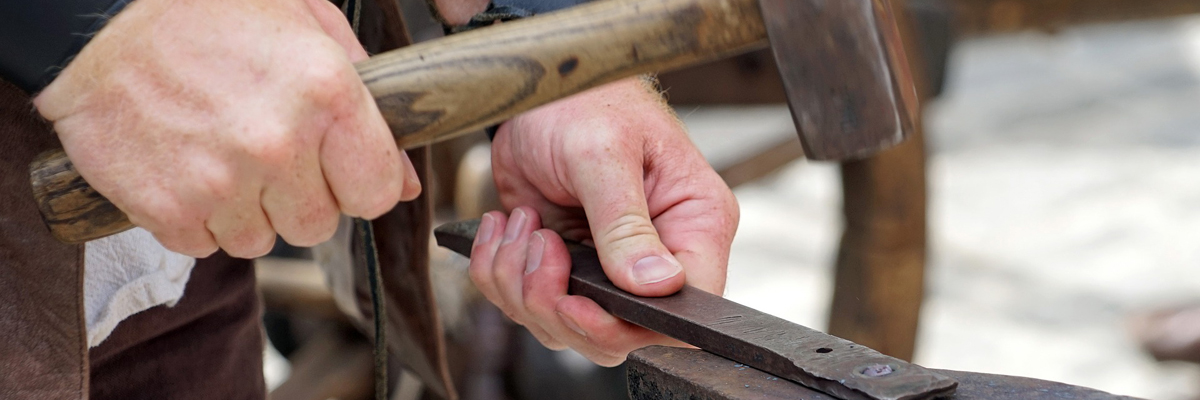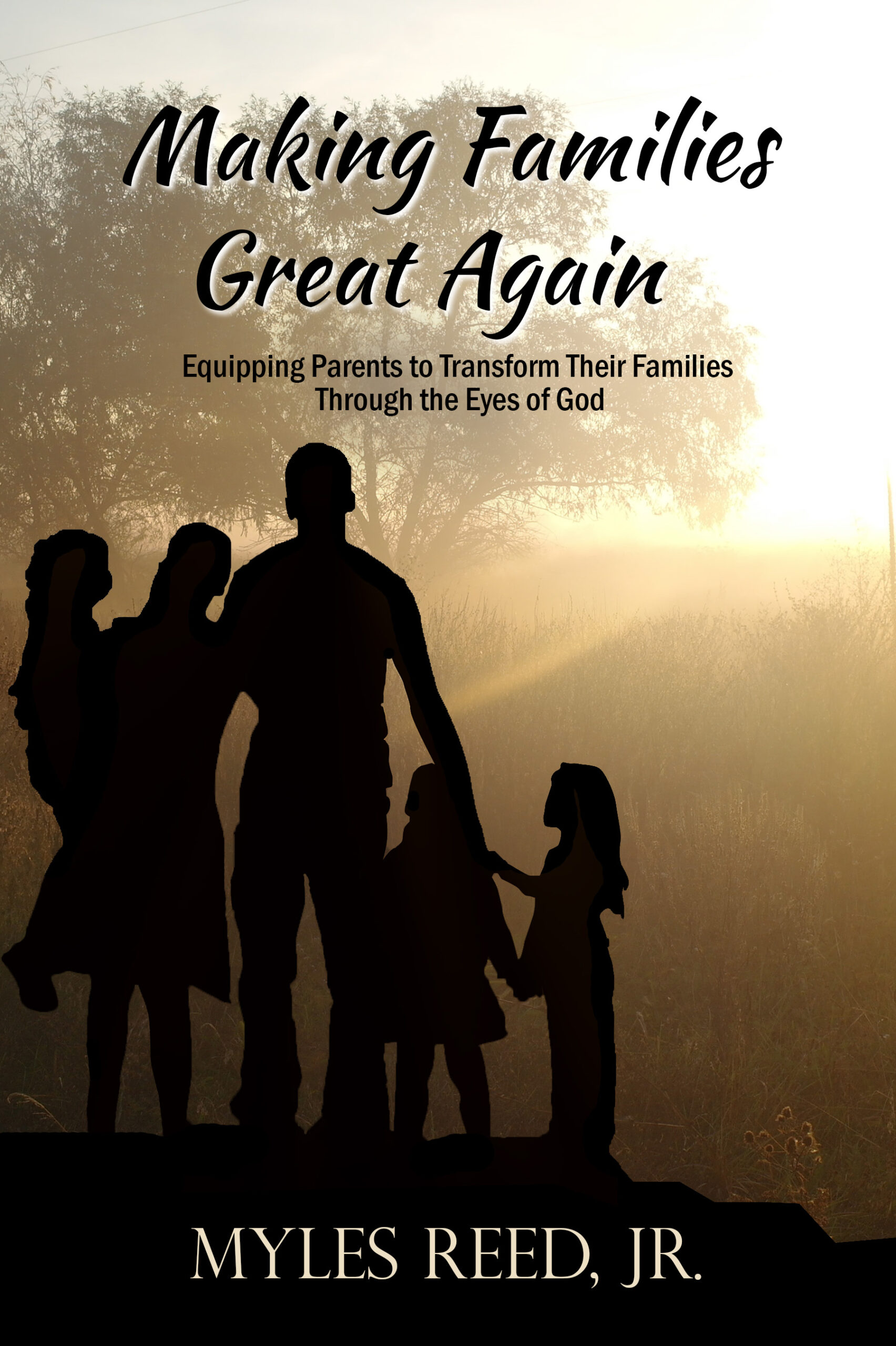
As iron sharpens iron, so one person sharpens another. — Proverbs 27:17 NIV
Have you ever tried rubbing the edges of two table knives together? The edges won’t sharpen. What’s wrong? No abrasion. A sharpening stone has grit that will grind away the metal and leave a sharp edge, but the rubbed edges of “iron on iron” doesn’t work. Maybe the writer of this proverb had a different picture in mind. What might that be?
On an anvil, the blade takes a beating.
The raw iron on the anvil has no voice to complain at the blacksmith, screaming with each painful blow. But we aren’t iron, and we have a voice that may want to defend itself when critique group members point out weaknesses and errors.
If we’re looking for praise, we should leave the blacksmith shop, because the only way to get sharp is to accept the blows. Be like the iron on the anvil that says, “Oh, good. Another blow. Soon I’ll become really sharp.”
The iron must be malleable.
Hardened steel is great for battle but only because it was once soft enough to accept the Master’s shaping. If we are defending our work, then we aren’t listening very well. We could miss the crucial insights that would help us be more successful.
Remember, excuses are justification for remaining the same. Criticism may be wrong, and it always hurts. But it can be helpful.
You may feel that constructive criticism is a conflict in terms. But you can make other people’s observations constructive, even when they are wrong, by accepting their thoughts as encouragement to find ways to get better.
In ancient biblical times, Abishai wanted to kill Shimei for cursing the king, but King David said no, the Lord could have directed those words (2 Samuel 16:5–10). David was willing to use an injustice as incentive to do better at hearing and following the Lord. Perhaps his example is something we should follow as we write.
Through tempering, the blade keeps its sharp edge.
Iron could never become hardened steel if it ran from the heat. We may cry out in pain, but if we keep walking with the Lord, we will not only survive the fire but will come out much stronger on the other side.
Then, we will be like Shadrach, Meshach, and Abedenego, with a story that can live for centuries. People who read your work might say, “No other god can save in this way” (Daniel 3:29).
My dear storytellers, don’t be unduly alarmed by the fiery ordeals that come to test your writing ability, as if this were an abnormal experience. — 1 Peter 4:12




 Character is a critical key to becoming a person of quality, and it starts in the home!
Character is a critical key to becoming a person of quality, and it starts in the home!